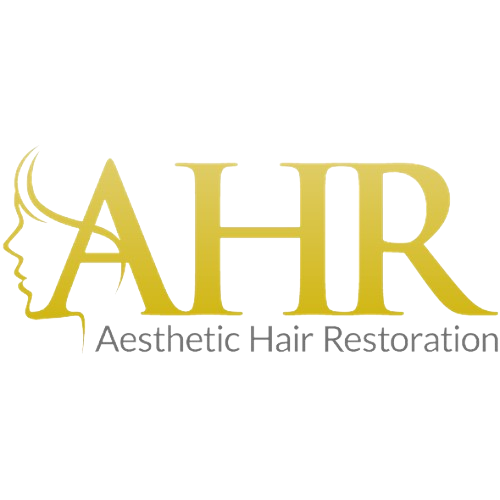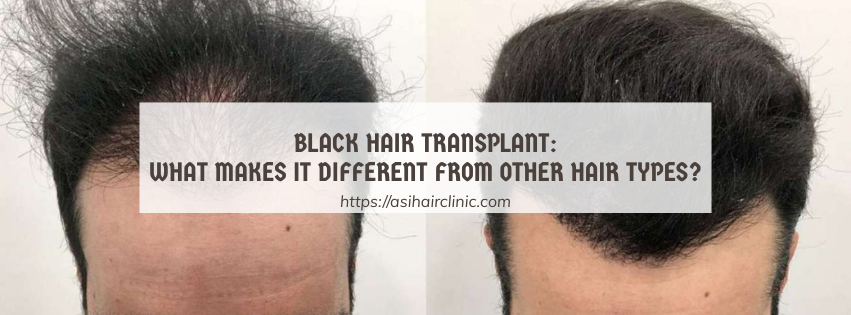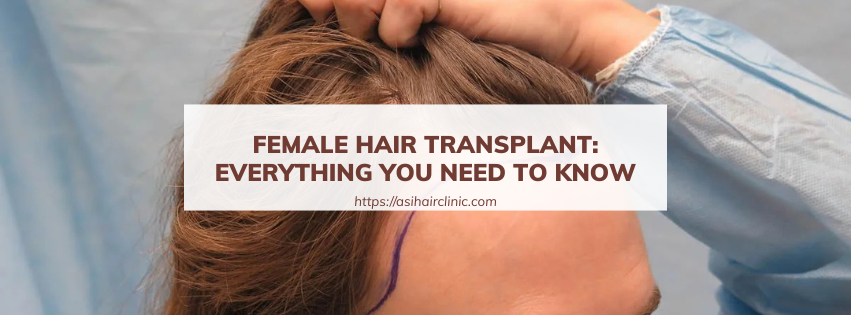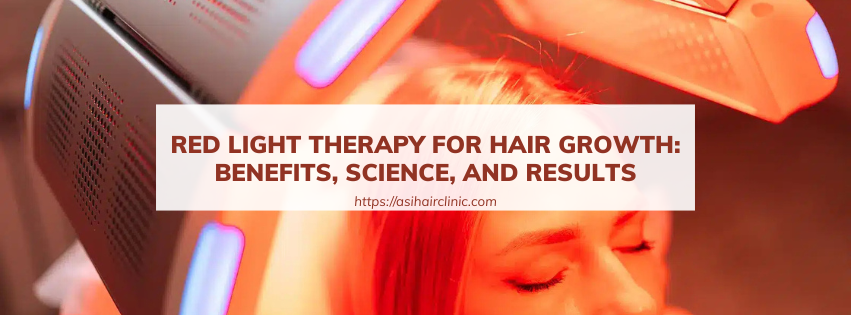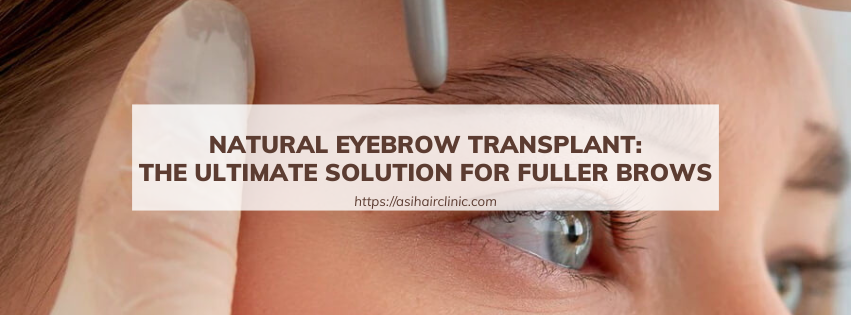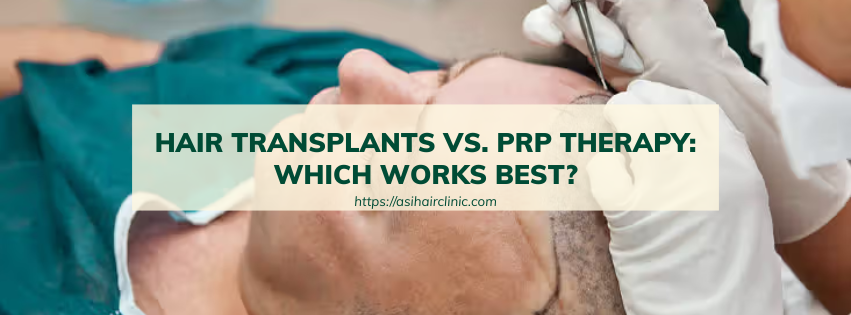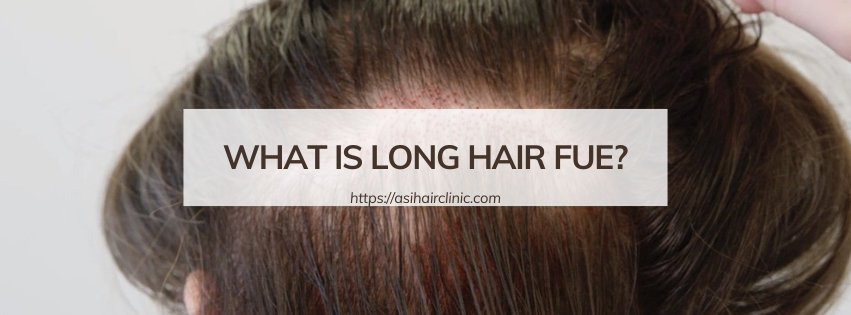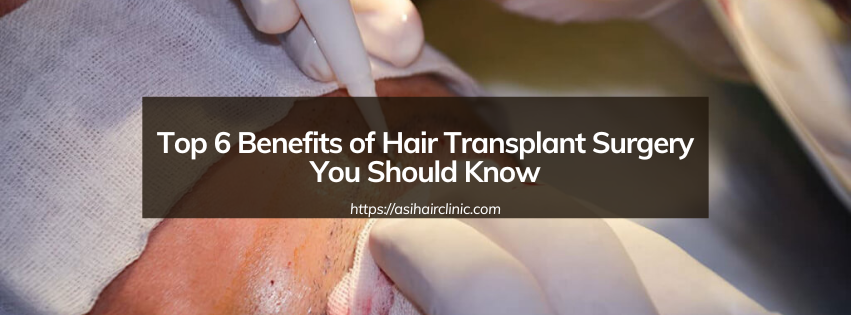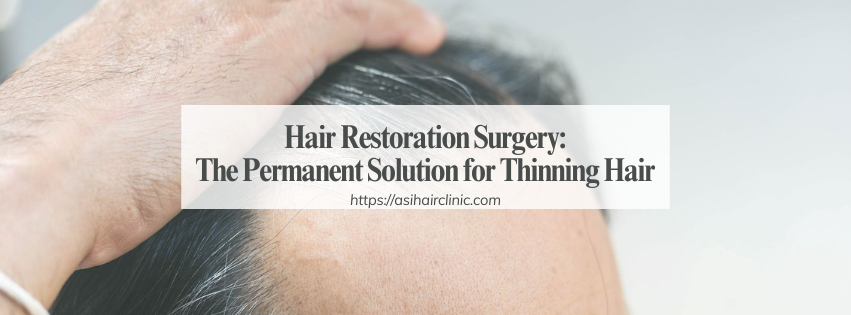Hair Loss During Pregnancy - Is This Normal?
Hair loss during pregnancy can be a source of anxiety and confusion for many expecting mothers. While pregnancy is often associated with an increase in hair fullness and radiance due to hormonal changes, it is not uncommon for women to experience hair loss at different stages-both during and after their pregnancy. Understanding the intricacies of this phenomenon, along with its causes and management strategies, is crucial for maintaining emotional well-being and self-esteem during this transformative time.
1. The Science Behind Hair Growth and Shedding
The journey of understanding hair loss during pregnancy begins with a closer look at the science governing hair growth and shedding cycles.
1.1. Understanding Hair Cycles
To grasp how pregnancy impacts hair health, we must first delve into the hair growth cycle. Human hair undergoes three distinct phases:
- Anagen Phase: This is the active growth phase where cells in the hair bulb divide rapidly, leading to the elongation of the hair shaft. During this period, hair can grow continuously for several years.
- Catagen Phase: This transitional phase lasts for a few weeks. It marks the end of active growth as the hair follicle shrinks and detaches from the hair papilla.
- Telogen Phase: In this resting phase, hair follicles are inactive, and hairs remain in place for about three months before they shed. Typically, about 10-15% of hair is in this phase at any given time.
Understanding these phases sheds light on why women might experience changes in their hair during pregnancy and postpartum.
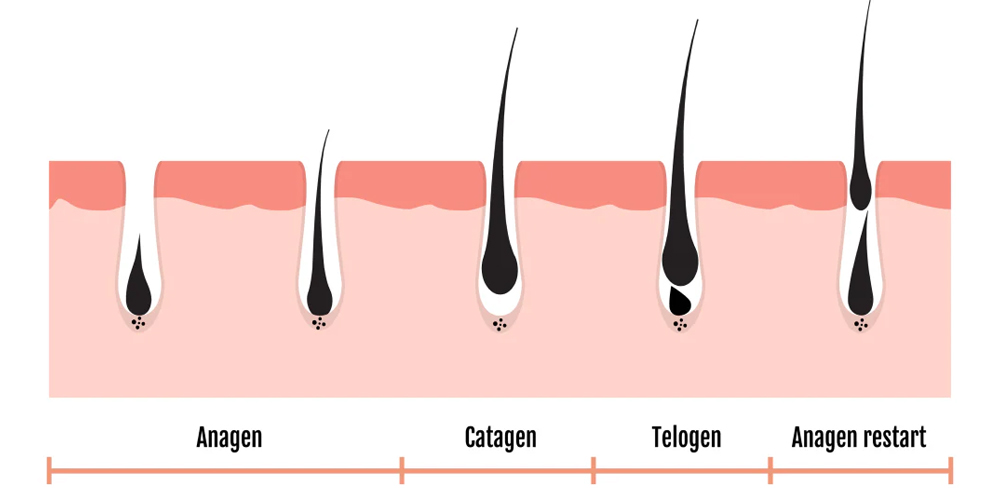
1.2. Hormonal Influence on Hair Growth
Pregnancy introduces a significant surge in hormones, predominantly estrogen and progesterone. These hormones don't just play a critical role in fetal development; they also affect the hair growth cycle.
During pregnancy, increased estrogen levels prolong the anagen phase, resulting in thicker, fuller hair. Simultaneously, the process of hair shedding is suppressed, which means that hair that would normally fall out remains attached to the scalp. This unique combination of hormonal changes leads to what many women describe as beautiful, luscious locks during their pregnancy-a stark contrast to the hair shedding that often follows childbirth.
1.3. The Shift Postpartum
As soon as childbirth occurs, hormone levels begin to plummet back to their pre-pregnancy state. This abrupt change initiates a reset of the hair cycle, causing hair follicles that were previously in the prolonged anagen phase to quickly transition into the telogen phase. Consequently, new mothers may experience extensive hair shedding, known as telogen effluvium.
This phenomenon can be alarming, particularly when it seems as though an excessive amount of hair is falling during daily activities like showering or brushing. However, it's essential to understand that this process is temporary and part of the body’s natural adjustment after the stresses of pregnancy and childbirth.
2. Factors Contributing to Hair Loss During Pregnancy and Postpartum
While hormonal shifts play a significant role in hair loss during pregnancy and postpartum, other factors can further influence hair health.
2.1. Nutritional Deficiencies
Pregnancy is an era of heightened nutritional demands. The developing fetus requires various nutrients for optimal growth, placing additional strain on the mother's nutrient reserves. Insufficient intake of essential vitamins and minerals-such as iron, zinc, vitamin D, and biotin-can lead to weakened hair follicles and vulnerability to hair loss.
Indeed, studies have shown that pregnant women who do not meet their nutritional needs may encounter more pronounced hair shedding. Taking prenatal vitamins can be beneficial, but it is also vital to focus on a balanced diet rich in whole foods that supply essential nutrients.
2.2. Stress and Fatigue
The journey of motherhood carries inherent stressors, including physical discomfort, emotional fluctuations, and the demands of caring for a newborn. Both pregnancy and postpartum periods can exacerbate levels of stress and fatigue, both of which can contribute to hair loss.
When experiencing chronic stress, the body releases elevated levels of cortisol, a hormone that can disrupt the hair growth cycle and precipitate hair shedding. Finding effective coping mechanisms to manage stress is essential during this period. Incorporating mindfulness practices, such as meditation or yoga, and seeking social support can foster resilience and contribute to overall well-being.
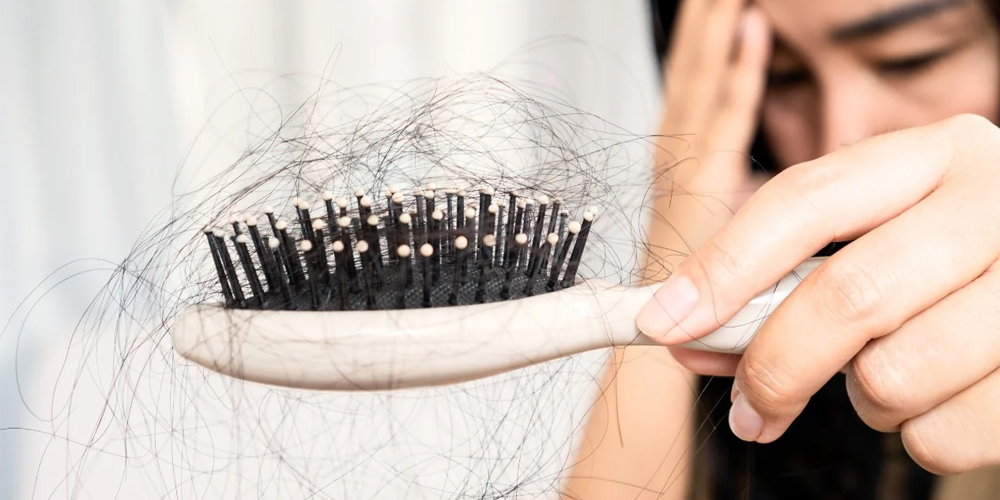
2.3. Thyroid Issues
Thyroid dysfunction is another potential contributor to hair loss-especially during pregnancy and postpartum. Conditions such as hypothyroidism (underactive thyroid) or hyperthyroidism (overactive thyroid) can manifest through symptoms including hair thinning or shedding.
It is crucial for pregnant women and new mothers to monitor thyroid function, as imbalances can impact not only hair health but also overall reproductive health. Regular check-ups with healthcare providers can help ensure that any issues are detected and addressed promptly.
3. When Should You Seek Help?
While hair loss during pregnancy and postpartum is often a natural occurrence, there are specific instances when it warrants medical attention.
3.1. Sudden and Excessive Hair Loss
If you notice sudden, excessive hair loss that deviates from the typical shedding observed following childbirth, it is advisable to consult your healthcare provider. This might indicate an underlying issue beyond typical telogen effluvium, necessitating a thorough evaluation.
3.2. Patches of Baldness
Localized patches of baldness or hair loss could signal conditions like alopecia areata, an autoimmune disorder that triggers hair loss in specific areas. If you observe this type of hair loss, seeking professional guidance is essential for proper assessment and possible treatment.
3.3. Accompanying Symptoms
If hair loss is accompanied by symptoms such as fatigue, unintentional weight loss, skin changes, or nail abnormalities, it could be indicative of a more serious underlying condition. Consulting with a healthcare professional will help determine the cause and appropriate course of action.
4. Practical Strategies for Managing Hair Loss
Addressing hair loss during pregnancy and postpartum involves a multi-faceted approach focused on nurturing both physical and emotional wellness.
4.1. Nutrition Matters
A well-balanced diet is foundational in promoting healthy hair growth. Prioritizing nutrient-dense foods will provide the body with essential vitamins and minerals needed for optimal hair health.
- Iron-rich Foods: Include lean meats, beans, lentils, spinach, and fortified cereals. Adequate iron levels prevent anemia, which can lead to hair shedding.
- Biotin Sources: Eggs, nuts, seeds, avocados, and sweet potatoes contain biotin, known to strengthen hair and promote growth.
- Healthy Fats: Omega-3 fatty acids found in fish, flaxseeds, and walnuts nourish the scalp and support hair health.
Consulting with a registered dietitian or nutritionist can help tailor your diet to ensure you're meeting the increased nutritional needs during pregnancy and postpartum.

4.2. Gentle Hair Care Practices
Practicing gentle hair care is crucial for minimizing damage and supporting healthy hair growth.
- Avoid Tight Hairstyles: Styles that pull on the hair can cause tension and lead to traction alopecia. Opt for looser hairstyles that minimize stress on the hair follicles.
- Limit Chemical Treatments: Strong chemicals in dyes, relaxers, and perms can weaken hair strands. Consider waiting until after breastfeeding to resume such treatments.
- Choose Mild Products: Use shampoos and conditioners formulated with nourishing ingredients that promote scalp health and avoid those with sulfates or parabens.
Incorporating scalp massages using natural oils can enhance blood circulation and stimulate hair follicles for improved growth.
4.3. Emotional Support and Stress Management
Given the psychological toll that hair loss can take, addressing emotional well-being is paramount.
- Reach Out for Support: Open up to trusted friends and family members about your feelings regarding hair loss. Sharing experiences can alleviate concerns and foster emotional connection.
- Mindfulness Practices: Techniques like journaling, meditation, or deep breathing exercises can be invaluable tools for managing stress.
- Professional Guidance: If feelings of distress become overwhelming, seeking support from a therapist or counselor specializing in postpartum issues can offer valuable coping strategies and reassurance.
5. Preventive Measures and Long-Term Strategies
Although some hair loss is normal, there are proactive measures that can be taken to help mitigate the risk and foster healthy hair growth.
5.1. Maintain a Healthy Lifestyle
Focusing on overall health is key to promoting hair vitality.
- Stay Active: Regular exercise boosts circulation and encourages nutrient delivery to hair follicles. Aim for moderate activity levels, factoring in any physical limitations during pregnancy.
- Monitor Weight: Maintaining a healthy weight through balanced nutrition and exercise can improve overall health and minimize the risk of hair loss.
5.2. Address Underlying Health Conditions
Proactively managing health conditions, such as thyroid disorders, diabetes, or anemia, is essential for preventing hair loss. Regular check-ups and communicating openly with healthcare providers regarding any concerns can facilitate early intervention.
5.2. Avoid Harmful Habits
Habits like smoking and excessive alcohol consumption can adversely affect hair health. Engaging in a healthy lifestyle that emphasizes moderation and well-being will not only support hair growth but can also enhance overall quality of life.
Conclusion
Hair loss during pregnancy and postpartum is a prevalent concern driven primarily by hormonal changes and physiological adjustments. While it can be upsetting to experience such changes, recognizing that it is often a temporary phase can bring comfort. By adopting a holistic approach that encompasses nutrition, gentle hair care practices, emotional wellness, and proactive prevention, women can navigate this stage with confidence and resilience.
It is essential to remember that individual experiences may vary, and seeking professional guidance when needed can provide reassurance and empower you to address any hair-related concerns. Embrace the beauty of this transformative journey, knowing that your body's natural cycles will eventually restore balance. With the right care and support, you can regain your hair's vitality while celebrating the incredible journey of motherhood.
LATEST POSTS
